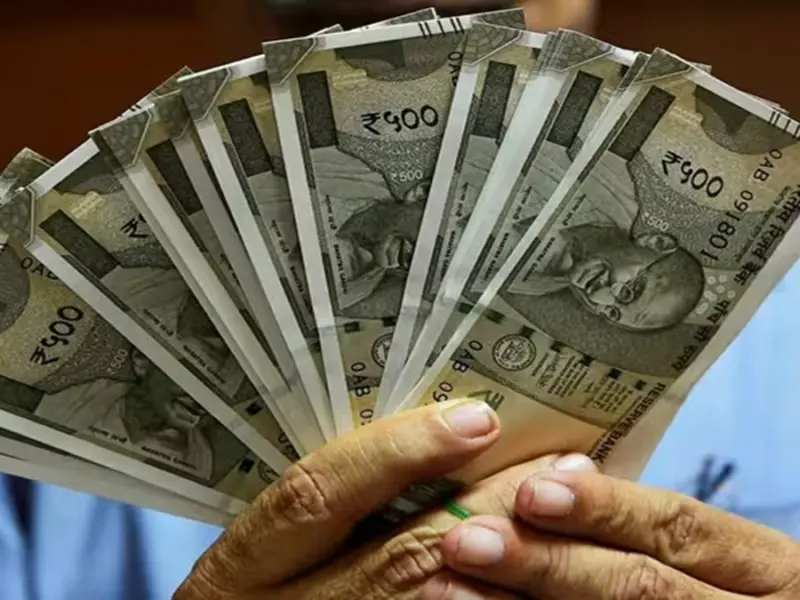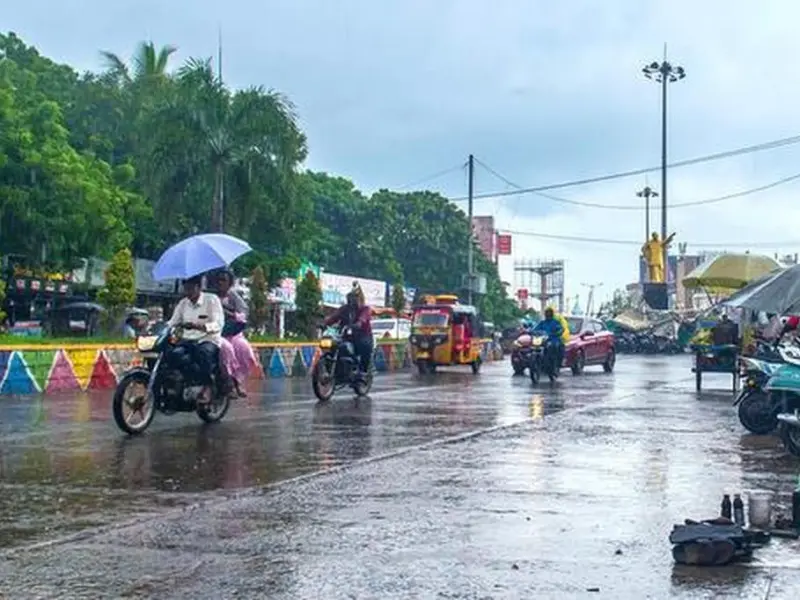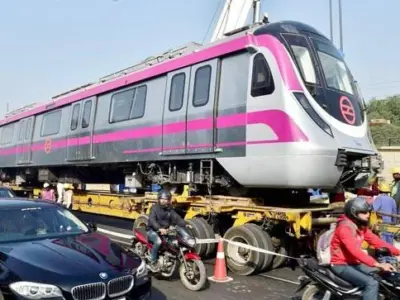The Enforcement Directorate’s recent arrest of Delhi Chief Minister Arvind Kejriwal under the Prevention of Money Laundering Act (PMLA), particularly in connection with the alleged liquor scam, has brought the stringent provisions of the PMLA into sharp focus. The law, known for its strict bail conditions, poses substantial challenges for the accused in securing bail.
The Rigorous Bail Conditions of PMLA
Section 45 of the PMLA imposes two stringent conditions for granting bail to the accused. The act categorizes all offenses under it as cognizable and non-bailable, reflecting its severe stance against money laundering.
The lack of provision for anticipatory bail further intensifies the legal hurdles for the accused, granting authorities like the ED significant powers to arrest without a warrant, search premises, and attach properties under certain conditions.
The Context of Kejriwal’s Arrest
Kejriwal’s arrest highlights the act’s stringent application, with the special PMLA court set to deliberate on the ED’s request for his custody. The PMLA framework necessitates that the accused themselves demonstrate their innocence, which is a challenging ordeal, especially from jail.
This scenario is not new within the AAP governance context, as former ministers like Manish Sisodia and Satyendar Jain, along with AAP leader Sanjay Singh, have previously been detained under PMLA.
Legal Framework and Amendments
The PMLA was enacted in 2002 and implemented on July 1, 2005, with amendments brought in 2012 to widen its scope. Further amendments in 2018 reinforced the stringent bail conditions under Section 45, necessitating the court to find reasonable grounds to believe the accused is not guilty and won’t commit any offense while on bail. These amendments have been contentious, leading to numerous petitions in the Supreme Court challenging the ED’s extensive powers and the stringent bail conditions.
Challenges in Securing Bail
The accused under PMLA faces a considerable challenge in securing bail, needing to convince the court of their innocence and the unlikelihood of committing any further offenses while on bail.
The twin conditions for bail under the PMLA have been a significant point of debate, reflecting the act’s stringent nature designed to combat money laundering effectively but also raising questions about the rights of the accused.





